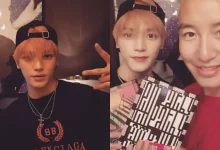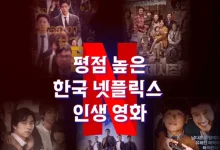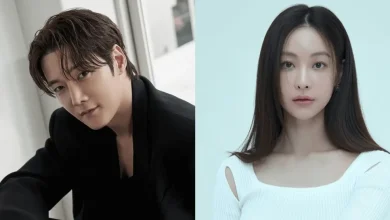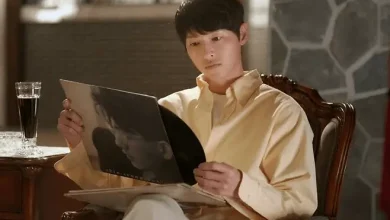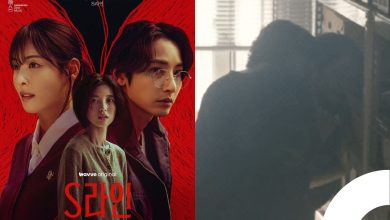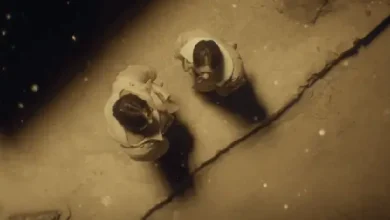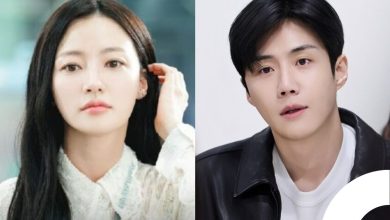“Prostitution? I don’t even want to use such terminology” From Gong Yoo to Woo Do-hwan, how they address controversies
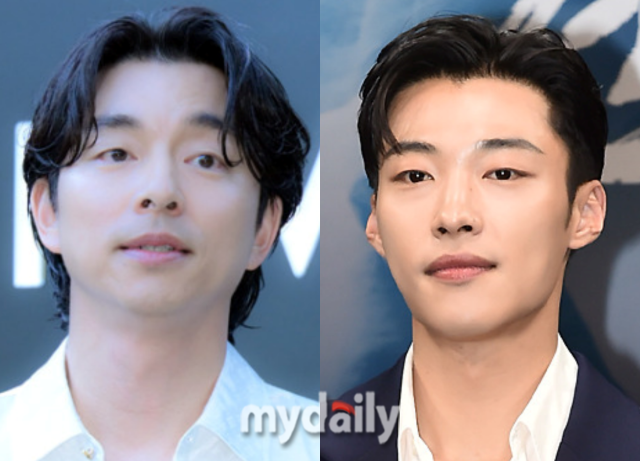
While some argue these themes should be handled with care, others believe such interpretations stray too far from the essence of the works. Gong Yoo and Woo Do-hwan, the lead actors in these respective projects, addressed the controversies with approaches that appeared different yet shared a core similarity.
On December 5, Gong Yoo participated in an interview for Netflix’s series “The Trunk“, which revolves around a mysterious trunk that appears on a lakeside and the unusual marriage of Jeong-won (Gong Yoo) and In-ji (Seo Hyun-jin). The series explores the relationships and emotions surrounding temporary marriage contracts with intense depth.

In the story, In-ji works for an agency offering the temporary marriage service, where clients pay to utilize this service. In Jeong-won’s case, his ex-wife Seo-yeon (Jung Yun-ha) signs him up for the service with a particular intent. The series includes bed scenes involving the temporary couples Jeong-won-In-ji and Seo-yeon-Ji-oh (Jo Yi-geon), prompting criticism that the show glamorizes prostitution.
Gong Yoo reacted sensitively to related questions, stating, “Prostitution? I don’t even want to use such terminology. From my perspective, it was shocking to see this controversy arise. While I anticipated differing opinions, I think the negative perspective is only a fraction of the whole. When the series launched in over 190 countries simultaneously, various reactions poured in. Even within domestic media, opinions are divided. Many people engage with the intended themes of the work from diverse viewpoints. If everyone interpreted it negatively, that would be a problem, but that’s not the case. I don’t ignore the negative perspective but consider it as one of many interpretations.”

Acknowledging the dark aspects of “The Trunk”, Gong Yoo emphasized its core message, “Love has the power to change people.” Much like Jeong-won’s line “Start by thinking of subtraction” in the series, Gong Yoo shared that he also tends to expect the worst. He admitted to feeling a deep empathy for Jeong-won, drawn to the character’s parallels with his own inner struggles.
He explained, “Most portrayals of love in dramas or films are fantasies — bright, optimistic, fairy-tale-like. These works offer vicarious satisfaction and joy. But I wanted to explore the opposite perspective. ‘The Trunk’ offers a new view on love. It’s a story worth discussing.”
Regarding opinions that the bed scene between Jeong-won and In-ji was conservative while the one between Seo-yeon and Ji-oh was excessive, Gong Yoo commented “In-ji and Seo-yeon are very different characters. The scene sufficiently explained Seo-yeon’s madness. On the other hand, the bed scene between In-ji and Jeong-won needed to be based on emotional connection. I think it was appropriate” before jokingly adding, “Maybe I should’ve taken off a little more.”
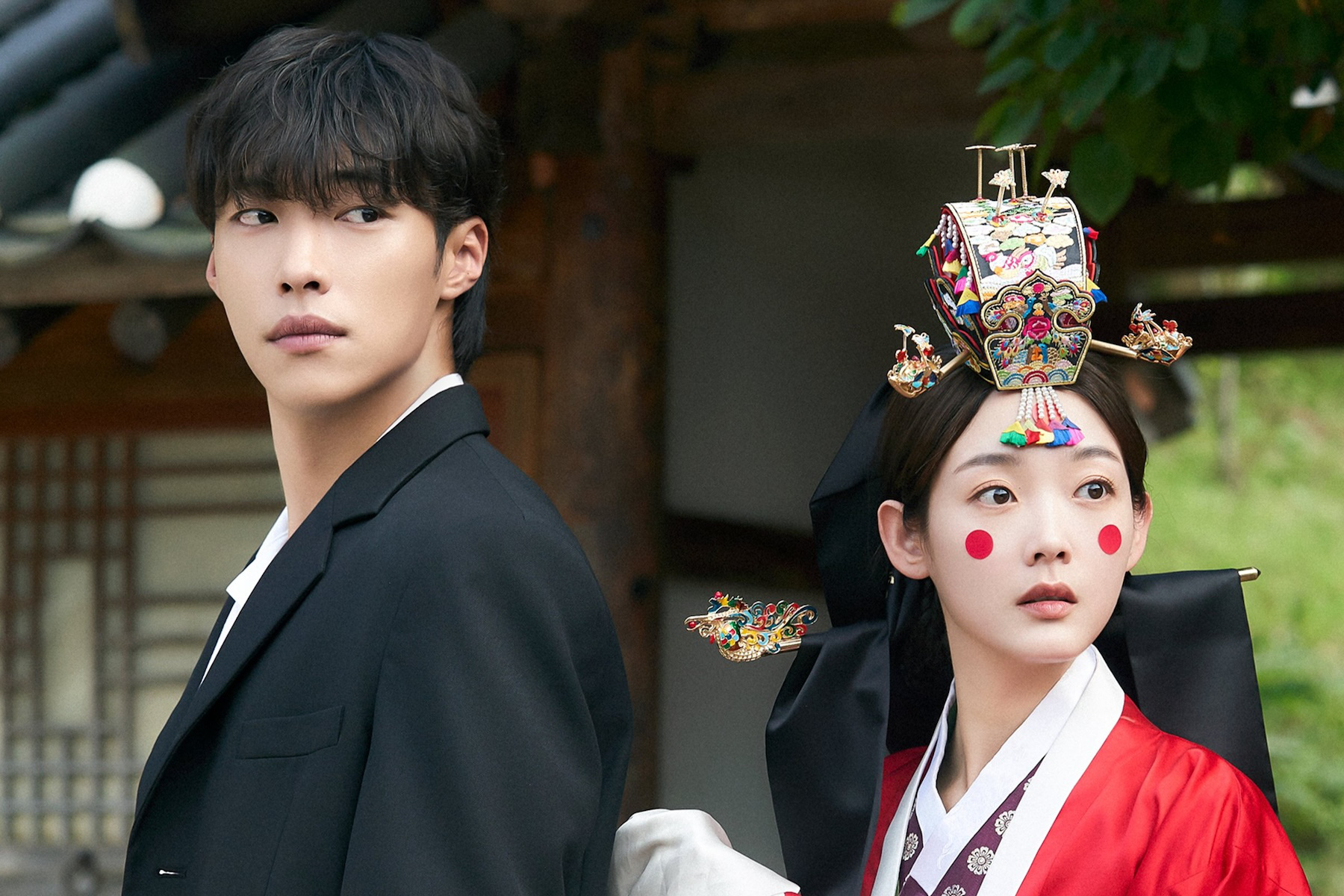
Netflix’s series “Mr. Plankton” is a romantic comedy about Hae-jo (Woo Do-hwan), a man who was birthed from a mistake, embarking on the last journey of his life, accompanied by Jae-mi (Lee Yoo-mi), the unluckiest woman in the world. Before its release, “Mr. Plankton” faced controversy over its depiction of dating violence, due to the plot where Hae-jo kidnaps his ex-girlfriend Jae-mi—who is about to marry Eo-heung (Oh Jung-se)—and forces her to accompany him.
In an interview with My Daily last month, Woo Do-hwan shared, “When I first received the script, I also found it questionable. I had many discussions with the director and writer. The day before the kidnapping, Hae-jo learns about Jae-mi’s menopause and acts impulsively, partly because he himself is terminally ill. Hae-jo and Jae-mi know each other well, and Hae-jo probably anticipated that Jae-mi would try to run away. His actions were like saying, ‘I know you want to escape. You don’t want this either, so why are you deceiving yourself?’ It wasn’t just about being a ‘tough guy’ and kidnapping her. He was essentially saying, ‘Think about it again. How long do you think you can lie about the pregnancy and pretend this marriage is right for you? Blame me for your escape. I’m already a bad guy anyway.’ That’s the kind of emotional line I worked with.”
Despite the complexities of the character, Woo Do-hwan was drawn to Hae-jo’s unpredictability and deep scars. He explained, “Hae-jo is free-spirited yet deeply hurt. He was betrayed and abandoned by someone he loved. I’ve been told that that kind of sadness is the image that suits Woo Do-hwan the best. I wanted to portray a character like Hae-jo while I still had the chance to explore freedom, which I had forgotten amidst school, military service and work.”
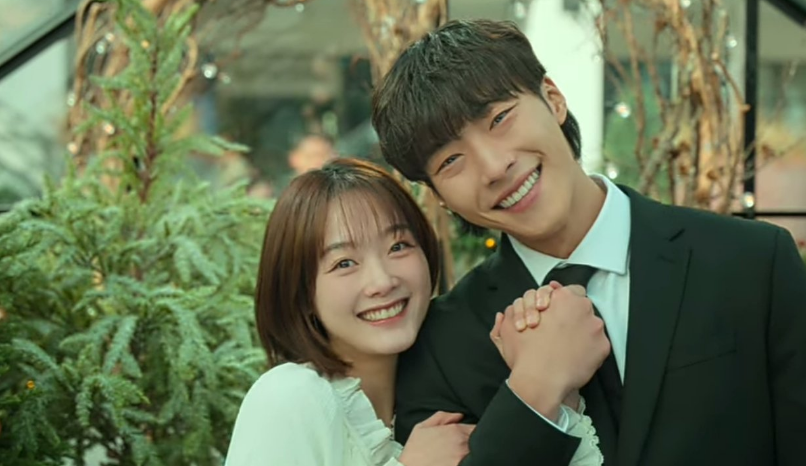
Woo Do-hwan added, “‘Mr. Plankton’ is a drama about flawed people. I don’t see flaws as purely negative. Everyone has their own shortcomings, including me. For Hae-jo, his family is the root of his issues. Through his terminal illness, he learns that he was loved and surrounded by good people. This drama doesn’t shout ‘Our story is heartwarming’, but it’s about tears behind laughter and laughter behind tears — a drama that makes you reflect on life.”
As viewers’ sensitivity continues to increase, concerns and criticism arise that were not anticipated during the production stage. For stories with unconventional settings, debates tend to flare up as people grapple with unfamiliar worlds. The actors’ responses to such discussions often spark further curiosity among viewers. The reasons they took on their roles and the messages they intended to convey are clear. Whether their explanations resonate with audiences is entirely up to the viewers.
Source: Naver

